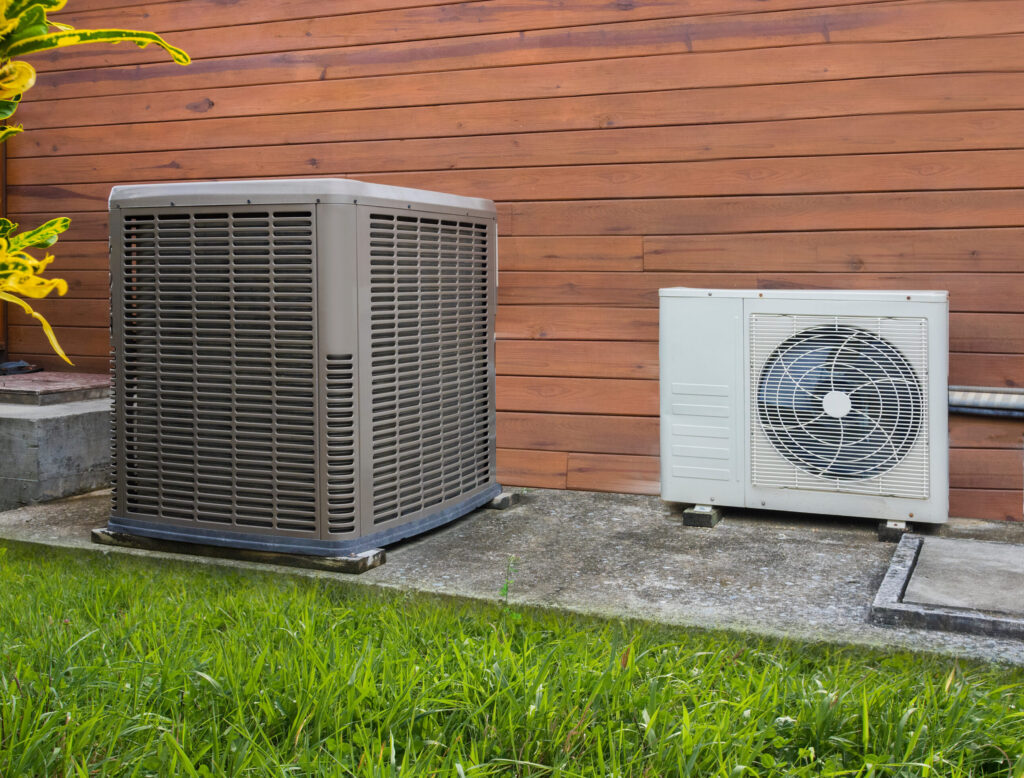Once you notice it, you can’t stop noticing it. You turn on the hot water to wash your hands, run a shower, or draw a bath, and you’re hit with the sulfurous stink of rotten eggs. Maybe it’s so faint that you wonder if you imagined it, maybe it’s so intense that you’re afraid to use the water — but whatever the case, there’s a problem.
Today, we’ll explain what causes this, how much you should worry, and what you can do to solve the problem.
Need help with your water heater in southeast Michigan? Contact the team at Robin Aire Service Company today to get your hot water smelling fresh again in no time.
What Can Cause Hot Water To Smell Bad?
To put it simply, the smell of rotten eggs from your hot water is actually the smell of hydrogen sulfide gas, which can get there in a variety of ways. If you’re only smelling it from your hot water, it’s safe to assume it’s not coming into your home from outside — so it’s probably the result of sulfur bacteria or certain chemical reactions happening in your water heater.
Of course, other bad smells can have a variety of other causes, so treat any unusual smells/tastes/colors in your hot water seriously.
Is It Dangerous To Use Hot Water That Smells Like Rotten Eggs?
While there are many ways hot water might be contaminated by something harmful, sulfurous gases are generally not sign of danger. The kinds of bacteria that produce the offending gas in your water heater is generally harmless, as are any chemical reactions or byproducts.
However, that doesn’t mean you just have to endure it or get used to it — and the presence of one kind of bacteria can suggest an environment that allows bacteria to thrive, which isn’t something you want to ignore. Since you can’t be sure whether you’re dealing with bacteria or other sources of the smell, it’s a good idea to act to resolve it.
How To Get Rid of Sulfur Odor in Hot Water Heater
One of the ways the sulfur odor occurs in water heaters is the degradation of the anode rod in your water heater. This is a rod of aluminum or magnesium that intentionally corrodes inside your water heater to alter the electron balance and prevent anything else from corroding. Sometimes, these rods can react with your water to produce hydrogen sulfide gas.
- Remove the rod: This might work but is a poor choice, as the corrosion that would afflict the rod now affects the interior metals of your water heater, voiding your warranty and leading to early failure.
- Replace your old rod: Aging rods can create more odor and should be replaced once they’ve eroded substantially anyway.
- Change the rod material: Aluminum/zinc/tin combination anode rods can produce less odor than rods that use pure aluminum or magnesium.
- Flush water heater: This can remove bacteria from your water heater and change water conditions enough to avoid further problems.
- Turn up water temperature: Setting your water to higher than 160 degrees for a brief period can kill bacteria in the tank, eliminating the odors. However, such temperatures can be dangerous.
- Clean or replace your water softener: Sometimes, odor-causing bacteria can take up residence not in your water heater, but your water softener, but only be obvious when running hot water.
When To Call Robin Aire for Water Heater Help
When you’re tired of the rotten egg smell in your water heater or suspect more serious issues at play, let the experienced technicians from Robin Aire assist you in resolving the issue. We’ll have your hot water fresh and clean again in no time, with no attempt to upsell you on other services in the process.
Contact the team at Robin Aire Service Company now to discuss your home plumbing problems or schedule a visit.




